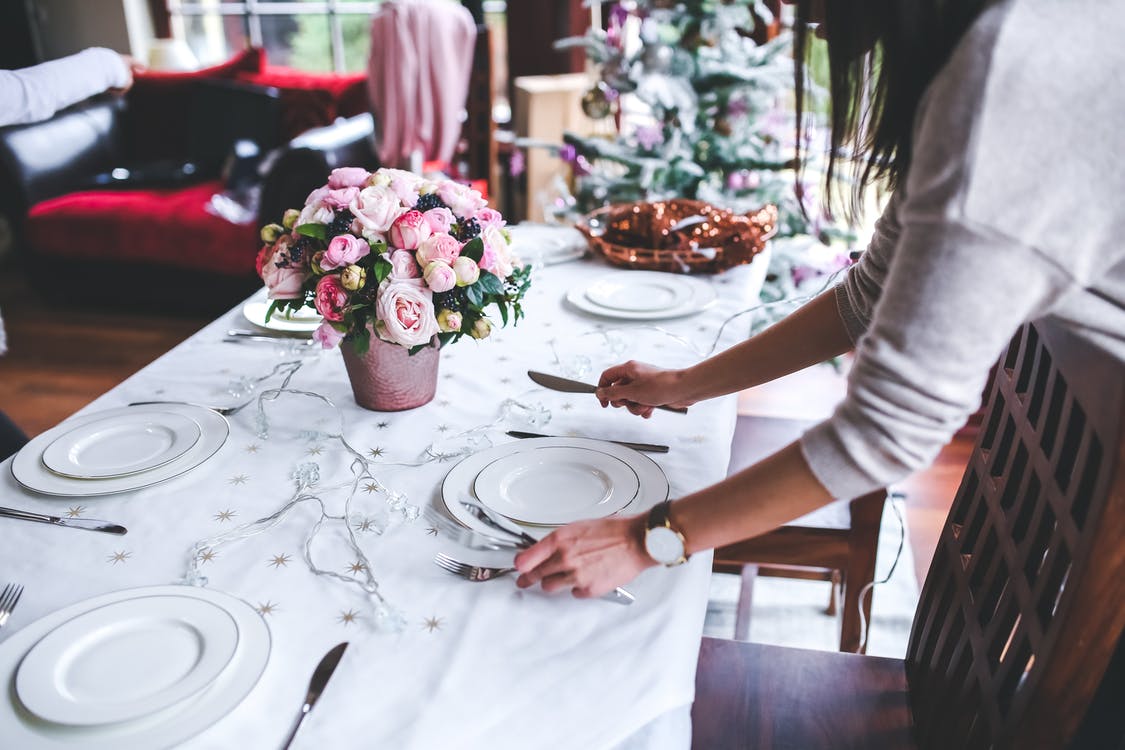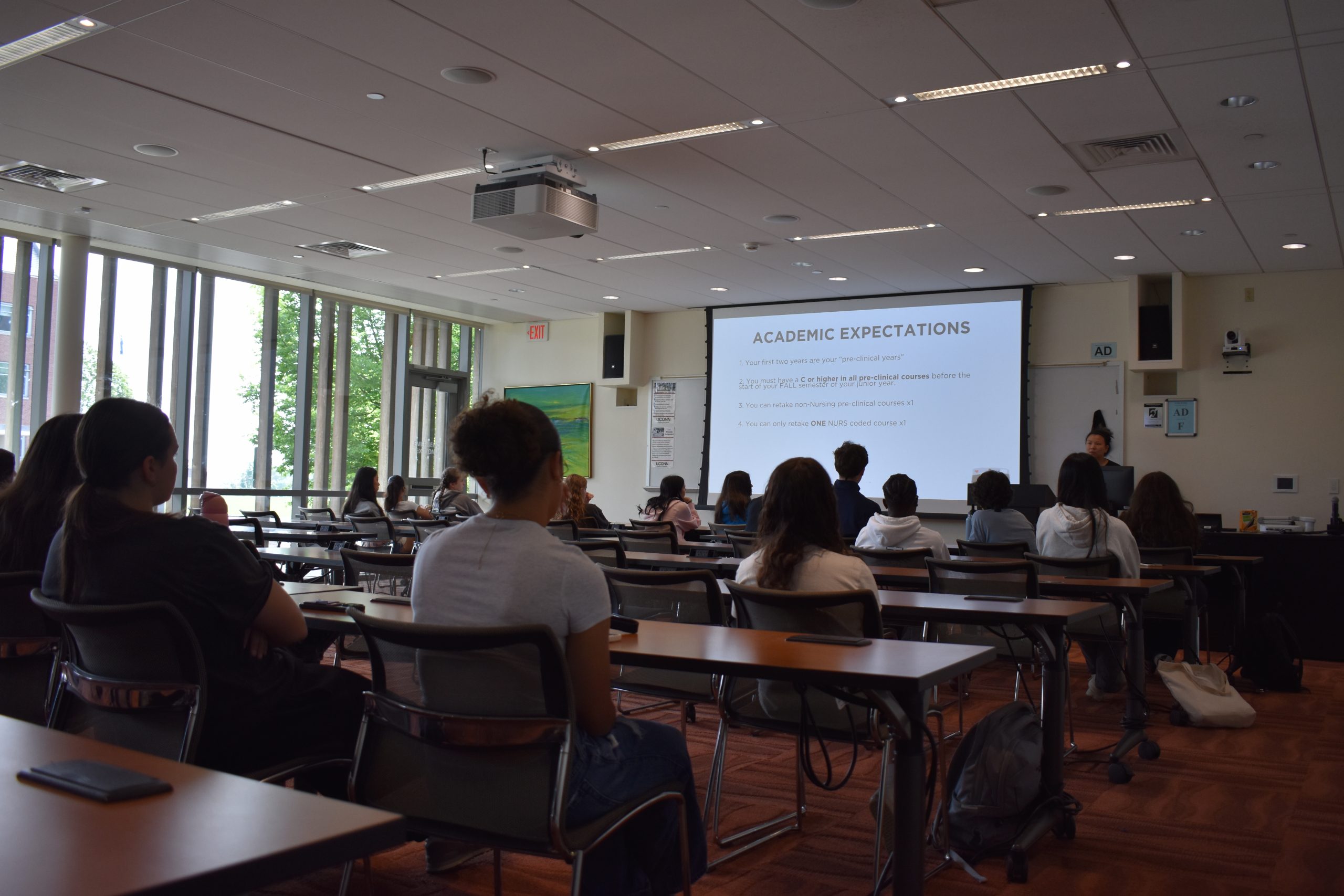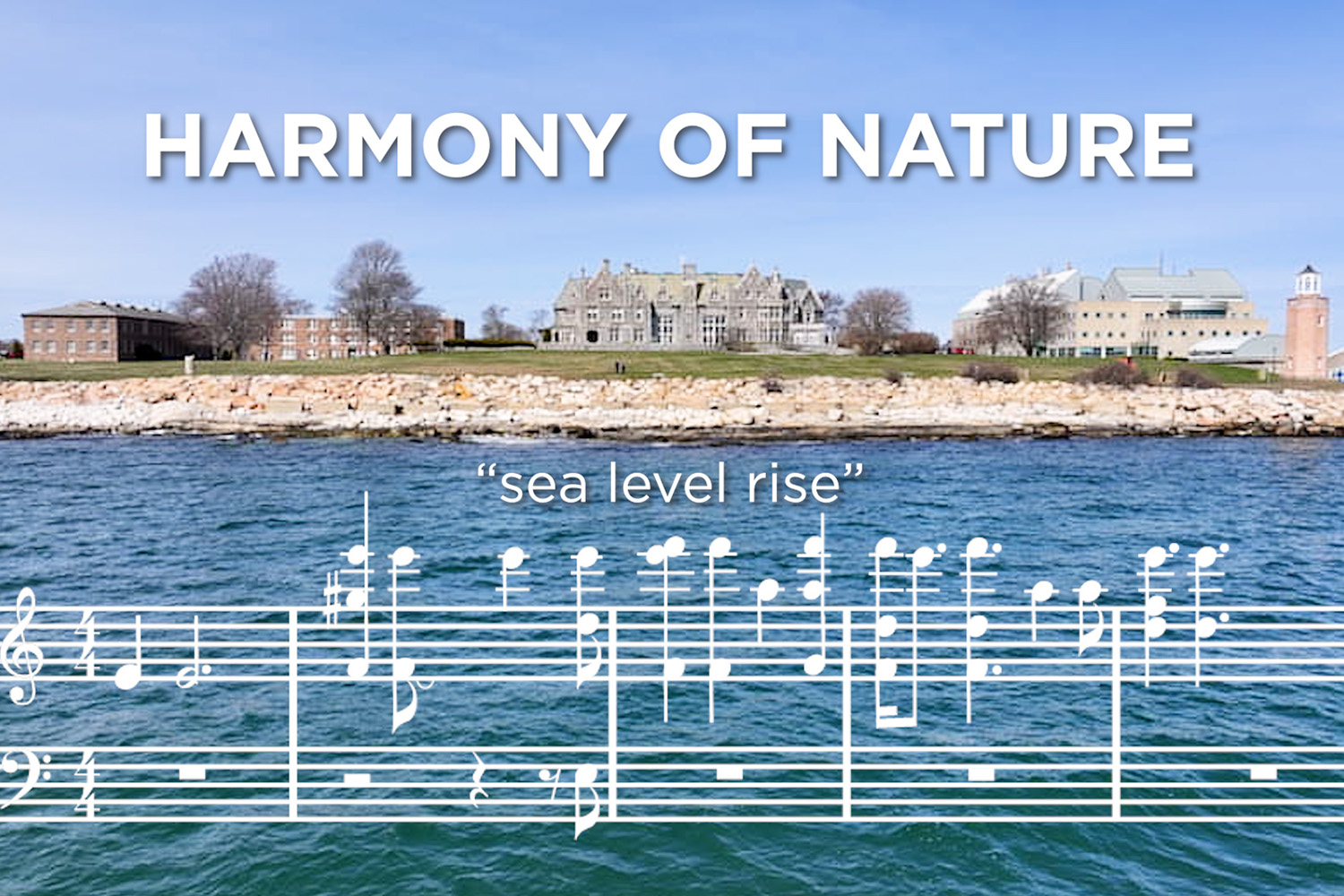Editor’s Note: The following originally appeared on Psychology Today, where Board of Trustees Distinguished Professor Sandra Chafouleas launched a new blog this past summer.
As a very unfamiliar holiday season approaches, we can still find ways to bring familiarity and predictability — and the sense of comfort that goes with that — with some adaptations to our family traditions.
The typical holiday season can bring forth any number of emotions, from anger and sadness to joy and awe. Family traditions – those repeated and symbolically meaningful holiday rituals – play a big role in shaping your feelings throughout the season. Family traditions can buffer conflicts, boost positive feelings, and bring people closer together.
The pandemic is bringing an atypical holiday season this year, presenting change in the things we do, the way we do them, and who we do them with. We may miss out on getting together in person with family and friends, traveling to cherished places, or taking part in our traditional celebrations. Forced upon us, these unfamiliar changes can evoke feelings of loss and frustration.
As a very unfamiliar holiday season approaches, we can still find ways to bring familiarity and predictability — and the sense of comfort that goes with that — with some adaptations to our family traditions.
Embrace that the holidays will be different.
Remember that “different” does not have to mean “awful.” It’s OK to feel disappointed about the loss of a traditional holiday season, but avoid labeling canceled celebrations as disasters. Acknowledge that different is just that — different — and that you have the ability to design opportunities that may not be exactly the same, but are familiar in ways that can evoke positive feelings and a sense of belonging.
Make a list of your typical holiday traditions.
Have each family member create a list of their favorite traditions. Tap into your senses about each tradition. What do you see, hear, smell, taste, and touch? Add details about what makes it special — when, where, how, and with whom it happens. Describe the feelings associated with each activity. One person might feel jolly contentment while baking with grandparents. Volunteering at a food pantry during the holidays may make the top of the list for someone else in fostering a sense of connectedness. Decorating the house might be how yet another family member happily expresses their creativity. Compare lists – look for overlap and differences in what brings forth positive feelings.
Get creative in adapting important traditions.
Go back through those lists of holiday traditions and consider a few that might not be missed too terribly this year. For those traditions that remain, be creative. Identify ways of adapting them to elicit the cheerful feelings and connectedness you’ve relished so much in the past. Make sure to include something from every person’s list.
For example, maybe everyone agrees that including a particular food item on the holiday menu is important, yet all are willing to forego baking for a game night or spiritual services. Emphasize holiday rituals that nurture a sense of being part of something bigger, such as volunteering, cooking, singing, decorating, and getting outside. And while it might not be possible to see family face to face, it is possible to come up with activities to learn about and connect to family history, such as recording stories or looking through photos. Even thinking or talking about cherished rituals can bring forth a sense of warmth and gratitude.
For ideas on how to adapt in consideration of the risk level associated with spreading the virus, check out the resources offered by the CDC.
Consider adapting traditions in ways that they can extend to before, during, and after the traditional holiday season, too. For example, a Virtual Thanksgiving might include sending a holiday care package with family favorites in advance, hosting a virtual shared meal, and sharing follow-up notes of appreciation.
Include simple rituals that bring a sustained sense of well-being.
Bigger is not always better when it comes to holiday activities. Simple rituals that foster connection are just as important to an overall sense of well-being. Look for activities that are easy to do, straightforward to understand, and can be seamlessly incorporated in your routine without lots of extra resources. Add a quick thankfulness activity in the daily routine, for example, such as sharing thoughts during mealtime or a walk, or using a journal to jot down notes of gratitude.
Perhaps most importantly, try to use these unfamiliar times to introduce a “less is more” perspective to the holiday season. Despite its challenges, this year might help us let go of expectations about what makes for the perfect holiday. Adapting familiar traditions for unfamiliar times can help us put in place the rituals that truly bring feelings of joy.



